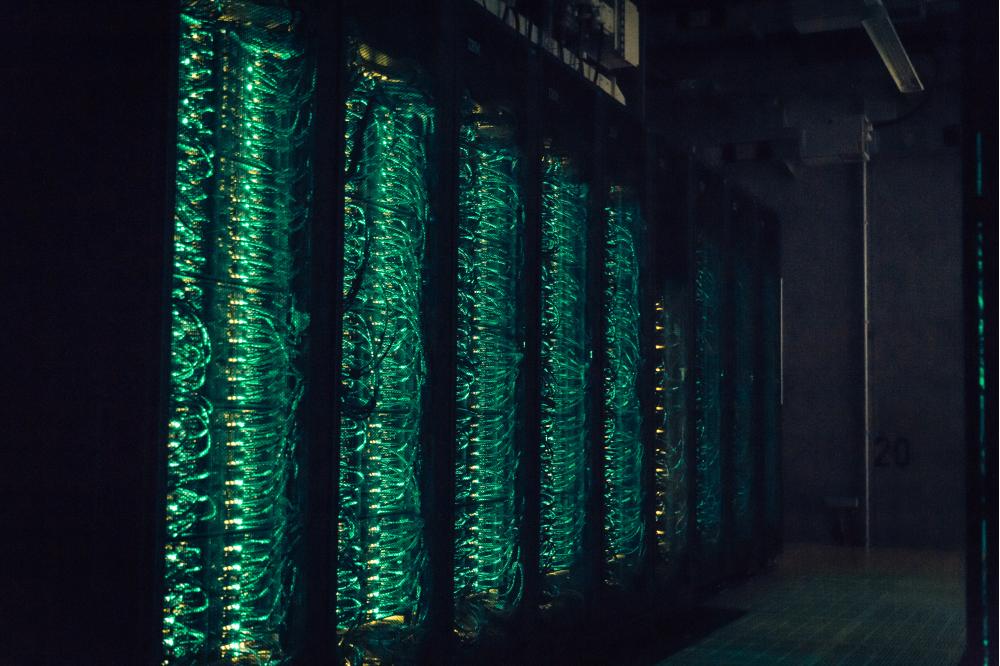Tracing CPU/GPU-Hybrid Applications With Extrae
Introduction
Starting from the initial project idea outlined in the project proposal, the research evolved significantly, branching into multiple complementary directions. This expansion was driven by the overarching goal of enhancing tools and methodologies for performance analysis and optimization, particularly in the context of high-performance computing (HPC). The core of the research revolved around advancing several software tools for performance analysis, most of which are developed in-house at the Institute for Scientific Computing. These tools play a critical role in analyzing and optimizing the performance of complex HPC applications, ensuring that they can efficiently utilize advanced computing architectures.
Methods
The research focused on the development and refinement of performance analysis tools, with a particular emphasis on automating instrumentation configuration. Traditionally, generating instrumentation configurations required a manual, iterative process. Our approach leveraged overhead-guided strategies to automate this process, reducing the time and effort involved while improving the accuracy of performance data collection. The development and validation of these tools required access to HPC machines, providing a real-world environment for testing their scalability and effectiveness.
Beyond tool development, the research extended into applied domains through interdisciplinary collaborations. Specifically, we contributed to performance optimization efforts in aerospace engineering by working on simulation tools used for space safety applications. Through a series of thesis projects, we optimized the computational efficiency of CUDAjectory and CASCADE, two simulation tools in aerospace workflows. These improvements enhanced simulation turnaround times and facilitated large-scale studies.
Results
The primary outcome of this research is encapsulated in the paper titled “Overhead-Guided Instrumentation Refinement”, which was presented at the ProTools Workshop during the Supercomputing Conference in Atlanta in November 2024. The paper, which has been accepted for publication, highlights the automation of instrumentation refinement and its impact on improving performance analysis. By reducing manual effort and increasing accuracy, this work provides a significant advancement for HPC users seeking to diagnose performance bottlenecks and optimize their applications.
The success of the applied research projects further underscores the broader impact of performance engineering techniques. By optimizing aerospace simulation tools, we demonstrated the versatility of these methodologies across different scientific domains. The ability to improve computational efficiency in critical applications like space safety showcases the real-world benefits of performance analysis advancements.
Discussion
Looking ahead, future research will continue along two main trajectories. First, we aim to further enhance our in-house performance analysis tools, particularly by incorporating features optimized for modern HPC hardware such as GPUs. Second, we plan to expand our applied research collaborations, focusing on performance optimization in emerging scientific applications. By addressing evolving HPC challenges, we hope to drive advancements that benefit both fundamental research and practical applications




